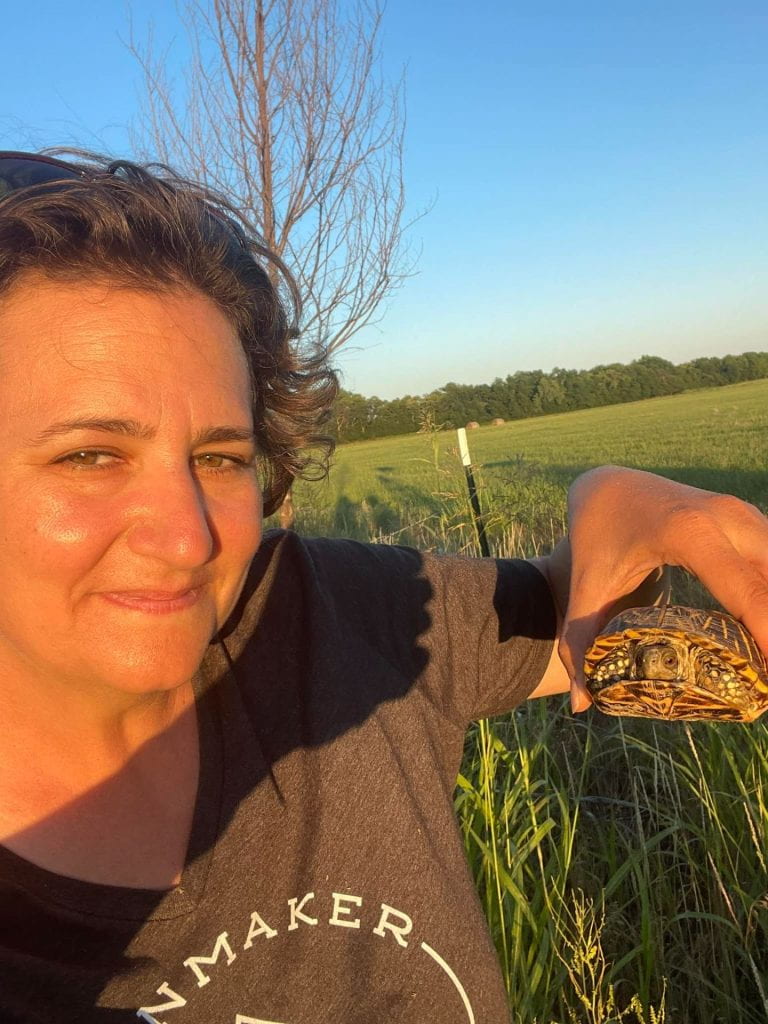
If you’ve been following us on social media, you may have caught an article we shared highlighting Professor Aviva Rossi’s research article: “Niches of three sympatric montane ground-dwelling squirrels: Relative importance of climate, topography, and landcover”. Well, her work has once again been noted in an article from the Sierra Club, one of the most significant environmental organizations in the country. What makes us even more excited about her success? Well, not only is she a professor in the MSEM program, but also a graduate from MSEM too! We got to chat with Aviva to hear all about her journey to the program, her research, and her advice to students beginning their Master’s Project.
Having graduated from the program herself in 2002, she worked in a variety of fields from consulting to non-profit work, and later joined the USF community as faculty in 2012. Rossi is not only a part of our program, but also works as the Research Director for the Gulch Environmental Foundation, allowing her to bring relevant experiences into the classroom. Her classes include Field Management Survey, Natural History of California, as well as the Master’s Project Course. Her background and interests make her both a great educator and researcher.
So, let’s dig into her latest work…
As our climate changes, it is thought that many species will move upward along mountain ranges to reach a more suitable climate. However, there are already species living at high latitudes and altitudes, so where will they go? That’s the question Rossi is trying to answer. We know that some places are becoming warmer, others cooler, some dryer, and some wetter, so it’s pertinent to understand what conditions are driving species current distributions to better predict what might happen in the future. The things determining a species’ distribution, and where it occurs in the world, is unique and the way one species adapts to change can vary greatly from another species. Rossi and her team decided to assess this by looking at ground-dwelling squirrels in the Sierra Nevada. Their research lasted a span of five years as they gathered data on both generalist and specialist squirrel species. Once complete, Rossi and her team utilized their field data to build a model of the driving factors for each species and make informed predictions. This research has since been cited in two different articles and can be read in length here.
Before wrapping up our conversation with Professor Rossi, we asked her what advice she has for current and even prospective students as they consider their research for the MSEM Master’s Project. The Master’s Project is a feature of the program, where students integrate their studies and develop their skills in designing and carrying out applied research. Here were our big takeaways:
- Pick something that you, individually, are interested in working on. School has always been about being told what to read, what to work on, but the Master’s Project is your chance to dive deep into something you’re passionate about and create your own research question!
- Your Master’s Project doesn’t need to be perfect. That doesn’t mean you shouldn’t do your best, but keep in mind that this is a stepping stone in your journey of research and likely won’t be your last opportunity to do a research project. Enjoy the process.
- Leaving information out can be hard, especially when you are attached to your topic, but often being more succinct will provide more clarity and create a better Master’s Project.
- Don’t underestimate how long it will take you to write. Be proactive and start early. Your research question will change and evolve, but you can start to get the background information compiled and wrapped up, so come your final semester you can focus on the really good stuff–the analysis and recommendations.

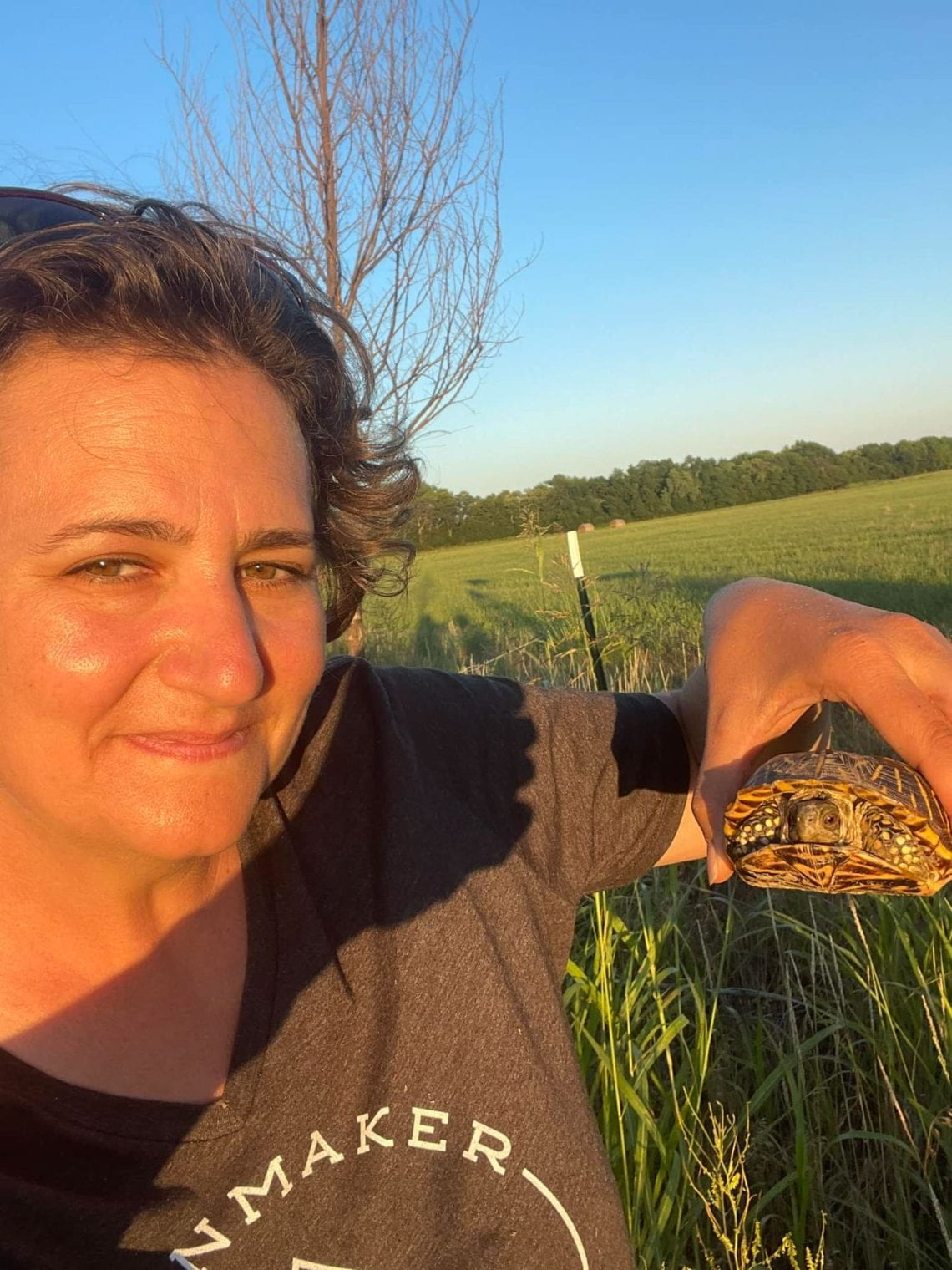
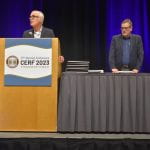

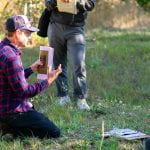
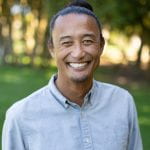

If xrayed
9 Sep 2023 — 5:13 am
Very impressive, a wonderful human